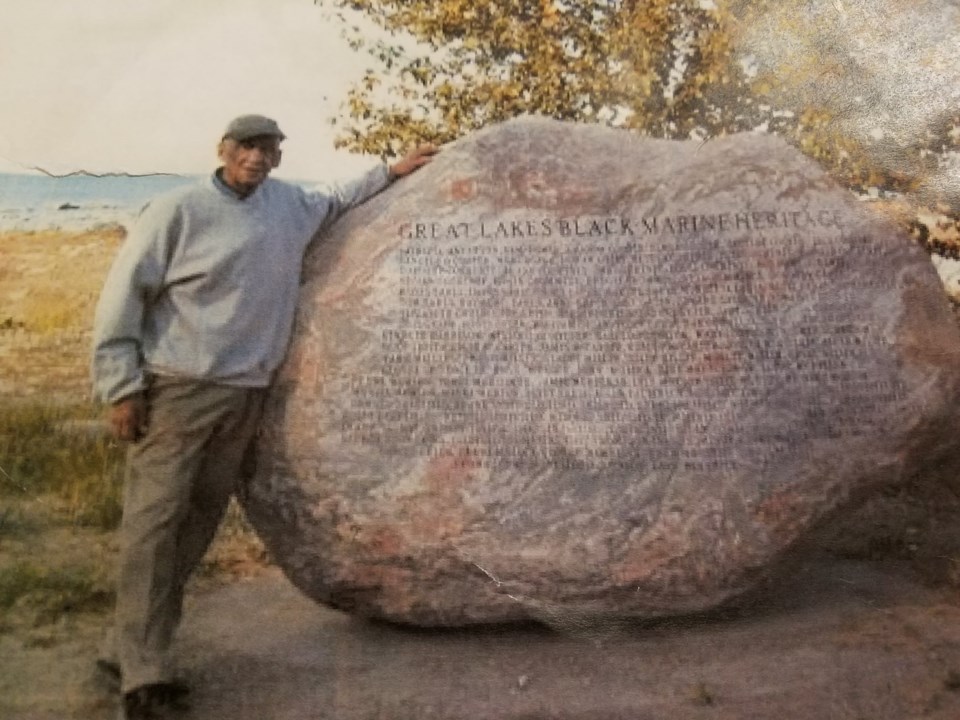CollingwoodToday has partnered with Sheffield Park Black History Museum for Black History Month. This is the first of four weekly columns featuring local and Canadian Black History thanks to research provided by Sheffield Park museum.
*****
The preservation of Black history was a lifelong work for Howard Sheffield, a direct descendent of early Black settlers and the co-founder of the Sheffield Park Black History and Cultural Museum.
Sheffield and his sister Yvonne and niece Carolynn Wilson began their work promoting their family's story and preserving Black history in the area with presentations at Heritage Community Church in Collingwood.
In 1990, they purchased five portables and set up displays on family property on Long Point Road.
In order to help people navigate to the Black history museum, Sheffield and his qualified for provincial tourist signage and asked the Town of Collingwood for compliance. They were told them museum "did not fit the municipality's image."
In 2008, following the death of Howard Sheffield, the museum was relocated to Clarksburg, the former site of the Nazarene church campground. Under the careful curation of Carolynn and Sylvia Wilson, "Uncle Howie's" legacy continues. Sixteen display buildings of artifacts and exhibits, from Africa to the Great Lakes to Black memorabilia, representing many generations of family heirlooms, mementos and keepsakes, some from happy days and some from moments of agony and abhorrent racism.
There is an early 1900s radio from the Sheffield homestead, which was on Seventh street in Collingwood.
The museum was the subject of an article written by Martha Griffith for the Grey Roots annual publication called Northern Terminus: The African Canadian History Journal.
In the 2014 article, Griffith describes the museum as non-traditional with interconnections between artifacts and displays that cross time and geography.
“They imitate how the objects animate change and conformity in a way that is direct and tangible,” wrote Griffith. “In some instances, the displays subvert conventional museum labelling as a means to involve the viewer as an active decoder.”
The museum is also home to much of the Sheffield family’s history too. A history that both inspires and is an inseparable part of the narratives told by Sylvia and Carolynn at the museum and outside of it as they carry on the life’s work of their Uncle Howie.
As original 'homesteaders' in Collingwood, the Sheffield's family history is as local as it gets.
Ildia Sheffield and her husband Wilfred (grandparents to Carolynn and Sylvia) were cooks on several Great Lakes Ships during the 1930s and 40s, and they opened Sheffield's Cedar Inn Restaurant in Collingwood. During times of segregation and racial violence, Black American tourists travelling to the area knew there was a safe, accepting place to stay at Sheffield's Cedar Inn, a Black-owned Canadian business.
Sheffield Black History Museum is publishing regular posts to its Facebook page during the month of February to mark Black History month. You can follow them here.



